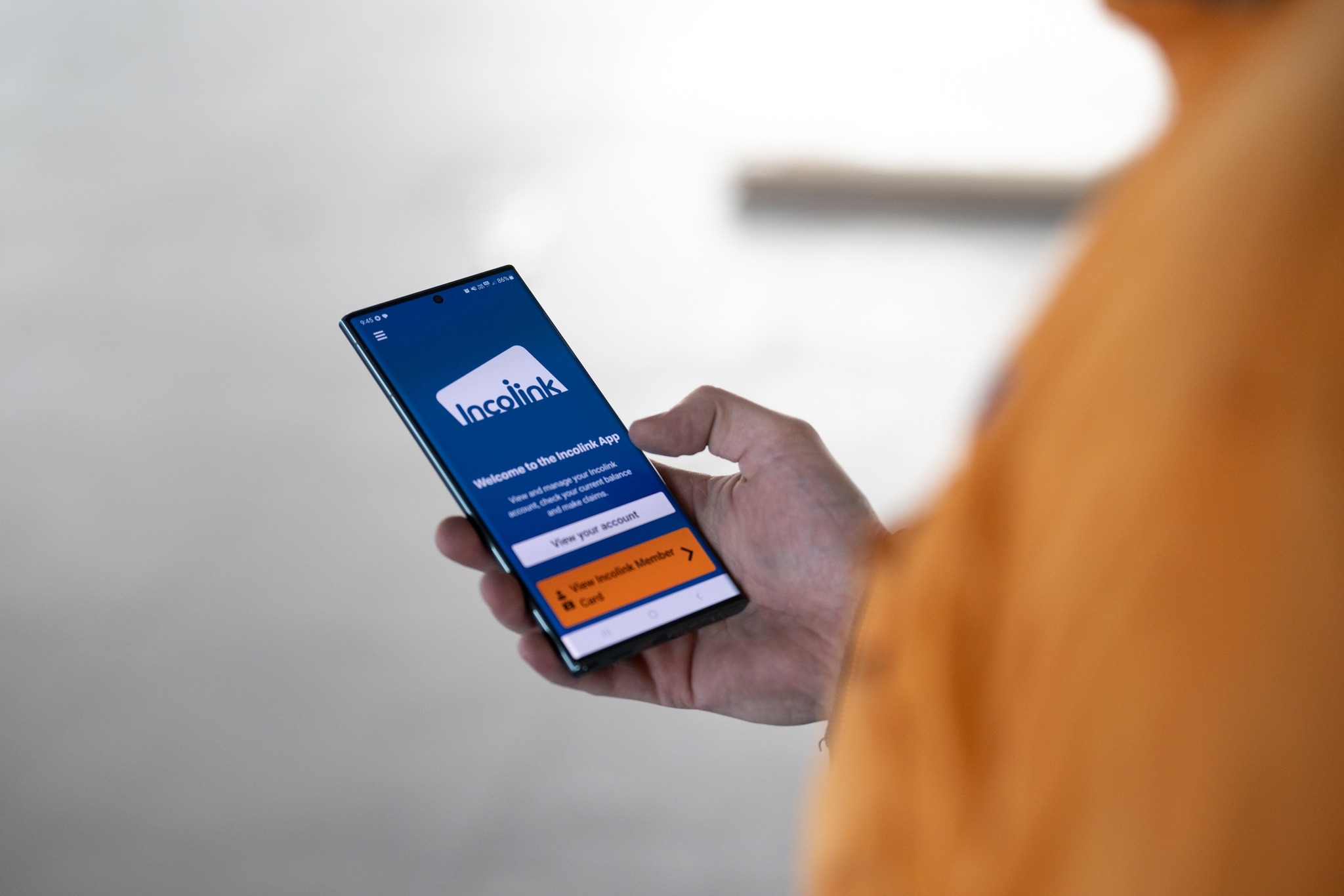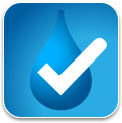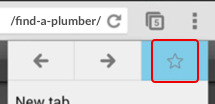Customer expectations are changing. Forget the end of the month, next week or even tomorrow, no one wants to wait for anything anymore. Matt Reynolds explains.
Now! It is the new standard. From ordering food, arranging transport and buying songs, we want to tap our watches or our phones, and we want our problems solved. We get frustrated if we have to wait. We get annoyed if it isn’t easy. As consumers we are lazy, so we buy from companies who make it easy for us. Most of us are willing to spend money to save time.
Our challenge as plumbers and business owners is to become the easiest and most convenient to buy from. It’s not about mechanics of the plumbing work we do, it is about everything that happens before and after a job is carried out. It’s all about the customer’s point of view; how they feel on their side of the transaction. Quality and price are still important factors but they only get you in the game. To claw ahead of the competition, you must continually improve the experience your customers have when they interact with you.

When’s the last time you really thought about your customers? Have you thought about how your customers buy from you, how they deal with your business and how you could serve them more efficiently? What could you do to raise your standards? How, for example, could you halve the time it takes them to book your service while doubling the amount of information you communicate to them?
Like it or not, it’s 2019 and not only do your customers now expect more, it’s highly possible that as they become more reliant on their phones and thumbs, they’re going to get a whole lot more demanding too. The question becomes, what are you going to do to lift your game and exceed their expectations?
Firstly, you need to pull apart your own processes and look for steps in the job sequence that can be improved. For example, should any of your customers ever have to call you for a job update? Whose responsibility is it to control the communication process, yours or theirs? Is there a more efficient way of communicating so they don’t have to waste their time chasing you?
If we look at current consumer trends from a macro perspective, your customers are very close to expecting all of their communication with you and all of their job information to be available on their phone at any time, right? Compare the experience of ordering a meal using Deliveroo verses ordering directly from your local fish and chip shop.
If you’re serious about building a business for the future, shouldn’t you think about recording and logging every step in your job process and make that available to your customers too? We can order Ubers and watch them drive to us and we can track our online orders as they are shipped to us. Is there any reason our customers wouldn’t want that standard of information from us? Shouldn’t they be able to see jobs as they unfold?
You might not like these trends, many don’t. Unfortunately, customers don’t make decisions based on our opinions, they make them based on what’s best for them. So, you probably should consider what could happen if one of your competitors provided Uber-like transparency to their clients? Would you lose any of your customers to them?
Remember, companies who don’t meet customers’ expectations eventually go out of business. Ask the folks at Blockbuster, it turns out that tapping our phones is easier, quicker and cheaper than driving across town to rent a movie. When Blockbuster had what customers wanted, they grew, when Netflix iterated quickly to develop an easier and better solution, they went broke. Simple.
The same rules apply to the plumbing industry; convenience will win eventually.
The construction industry accounts for about 8% of Australia’s GDP, that’s big. When an industry is big and lucrative, it becomes attractive to others who want their own slice of the action. To date, we have seen very little digital disruption in the construction industry. Digital distribution occurs when emerging technologies and new business models begin to transform the way an industry operates. It’s why Netflix beat Blockbuster and why Uber stole many of the taxi industry’s customers. It’s also the reason why you no longer have a street directory under your front seat and why you don’t post letters anymore, smartphone maps and email are easier, quicker, cost less and are actually better services.
Is it possible that we as trade professionals are, right now, in the same position musical artists were just before iTunes, Spotify and other online streaming services became popular? Are we labour primed to be commoditised?
How are you going to respond to current customers’ trends and in which direction will you take your business? Are you positioned to take advantage of these inevitable changes?
What I know is, we as plumbers better get ready for some changes and we better lift our service game. If we don’t raise our own standards, outsiders may just come in and raise them for us.
From the trenches
Matt Reynolds is an award winning plumber who writes about the game as an industry insider. You can find him at xrm.com.au or as the Director of XRM Plumbing Services on LinkedIn.
Share this Article






